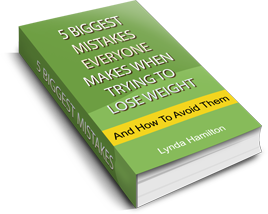Coeliac Disease & Gluten Intolerance
A dietitian’s perspective on gluten intolerance and coeliac disease.
As a dietitian, I find that gluten intolerance and Coeliac disease often go undiagnosed when in fact, a simple test can confirm the condition.
People with a gluten intolerance have coeliac disease. Coeliac disease is when the immune system attacks gluten in the intestines, and in the process damage the villi – thousands of tiny miniature finger-like structures inside the lining of the gut which absorb the nutrients from our diet. Undiagnosed, gluten intolerance can lead to serious health problems because damaged means the body is unable to absorb the nutrition in the diet. Over time this can lead to lethargy, depression, malnutrition, osteoporosis and fertility problems.
Coeliac disease is hereditary, so it can be tested for, unlike other food intolerances. A simple blood test will shows if you have either of two specific genes associated with coeliac disease. Everyone who has it has one or both of these genes, although 98% of people with coeliac disease have both genes. If you suspect you have an intolerance, get yourself tested because experts estimate that 75% of people with coeliac disease are undiagnosed.
Gluten intolerance has a range of symptoms but the most obvious are an iron deficiency and gastrointestinal problems such as diarrhoea, constipation, cramps and vomiting. You can read more about the symptoms on the Australian Coeliac Society’s brilliant website, which also contains a wealth of information and advice if you have just been diagnosed with a gluten intolerance.
The good news is that coeliac disease can be managed with a gluten-free diet – and over time the villi in the small intestine will repair themselves. Gluten is found in barley, wheat, rye and oats so avoid anything made from these foods, and always read the labels because gluten is often added to sauces and processed foods as a thickener or filler. Thankfully, plenty of fresh fruit, veg, meat and fish are still on the menu and there are hundreds of gluten-free products readily available in supermarkets and food stores these days.
If you need to talk a dietitian in Sydney, get in touch. Email advice@hamiltondietetics.com or telephone 1300 853 560







 Follow Us On Twitter
Follow Us On Twitter Like Us On Facebook
Like Us On Facebook Watch Us On YouTube
Watch Us On YouTube
Leave a Reply